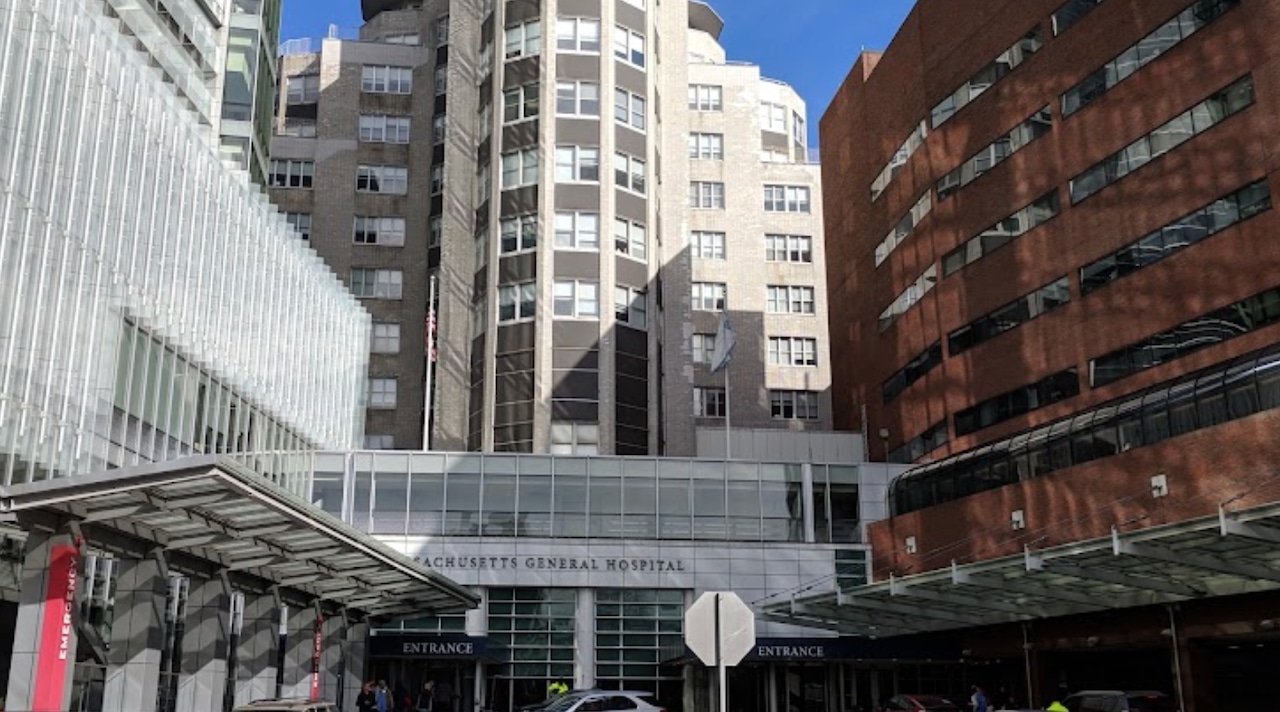
All “non-urgent” appointments to Mass General Brigham hospitals, health care centers and outpatient clinics are canceled on Friday amid a widespread technology outage that has also forced the cancellation or delay of dozens of flights in New England.
“A major worldwide software outage has affected many of our systems today, as well as many major businesses across the country,” the hospital system said in a brief notice posted to its website, adding that “emergency services remain open to provide care to patients with urgent health concerns in our clinics and emergency rooms.”
The hospital system also told staff members not to attempt to access its medical records system amid the outage, according to an internal email sent Friday morning around 7 a.m. Despite the outage, staff scheduled to work Friday were told to report to work. Staff were also told not to turn on or log in to devices issued by the hospital system if they hadn’t already, according to the email.
Mass General Brigham operates 15 hospitals in New England: Mass Eye and Ear, Massachusetts General Hospital, Mass General for Children, Mass General Cancer Center, Brigham and Women’s Hospital, Spaulding Rehabilitation Hospital (Boston), Brigham and Women’s Faulkner Hospital, McLean Hospital, Newton-Wellesley Hospital, Salem Hospital, Spaulding Rehabilitation Hospital (Cape Cod), Wentworth-Douglass Hospital in New Hampshire, Martha’s Vineyard Hospital, Cooley Dickinson Hospital and Nantucket Cottage Hospital.
Cybersecurity firm CrowdStrike said the issue believed to be behind the outage was not a security incident or cyberattack — and that a fix was on the way. The company said the problem occurred when it deployed a faulty update to computers running Microsoft Windows.
But hours after the problem was first detected, the disarray continued — and escalated.
Cyber expert James Bore said real harm would be caused by the outage because systems we’ve come to rely on at critical times are not going to be available. Hospitals, for example, will struggle to sort out appointments and those who need care may not get it.
“There are going to be deaths because of this. It’s inevitable,’’ Bore said. “We’ve got so many systems tied up with this.”
Microsoft 365 posted on social media platform X that the company was “working on rerouting the impacted traffic to alternate systems to alleviate impact” and that they were “observing a positive trend in service availability.”
Material from the Associated Press was used in this report.






